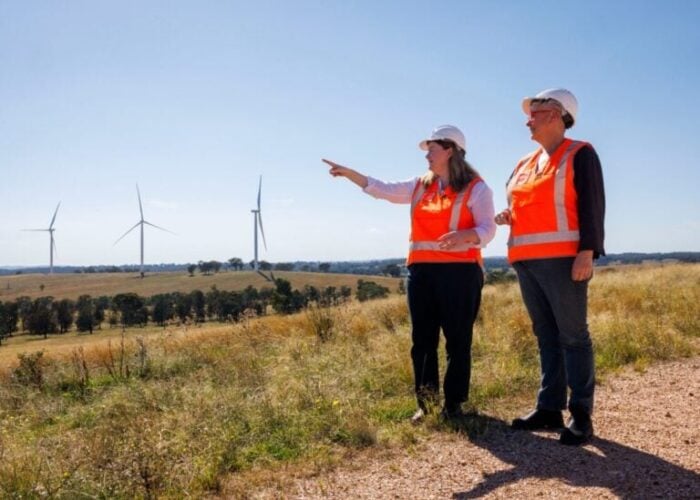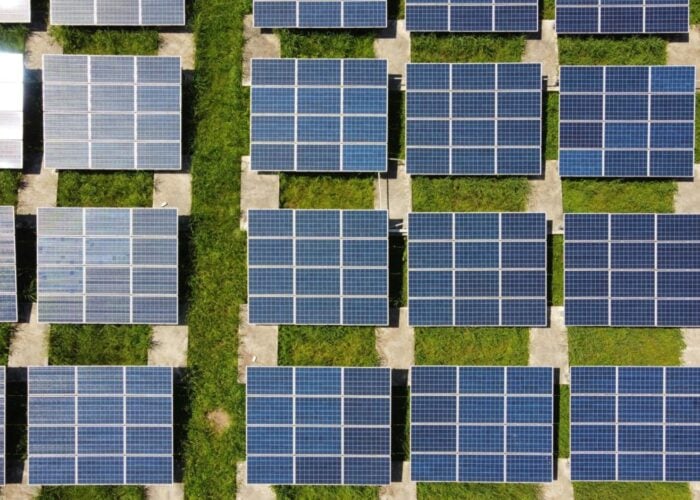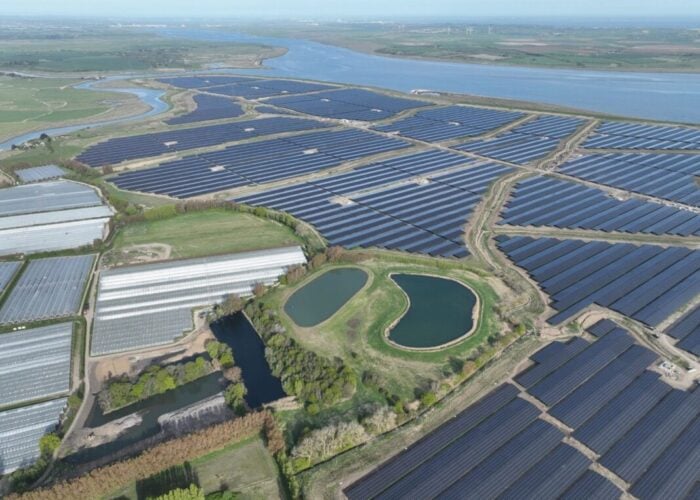The European Union should introduce universal renewable energy support mechanisms for all member states to reduce tension between conflicting policies.
This is the main conclusion from a report by the European Parliament's Committee on Industry, Research and Energy, which highlights the need for a more integrated approach at the EU level for promoting renewables.
Unlock unlimited access for 12 whole months of distinctive global analysis
Photovoltaics International is now included.
- Regular insight and analysis of the industry’s biggest developments
- In-depth interviews with the industry’s leading figures
- Unlimited digital access to the PV Tech Power journal catalogue
- Unlimited digital access to the Photovoltaics International journal catalogue
- Access to more than 1,000 technical papers
- Discounts on Solar Media’s portfolio of events, in-person and virtual
The report underlines how disparities between renewables markets within the EU have led to a situation within which different support mechanisms, potentials and different levels of technology maturity co-exist.
Committee members said a more integrated system at the EU level could help to provide a more cost-effective framework for the EU to increase its adoption of renewables and they asked the commission to assess the potential of an EU-wide mechanism for promoting renewables.
“The report gives a realistic overview about the challenges ahead for renewable energies, but also the opportunities they bring. We all expect the share of renewables to grow, but we will only be able to accommodate such growth if the required infrastructures are in place,” said Herbert Reul, a member of the EU and German Christian Democrat Party.
“Our current arrangement with a wide variety of different support mechanisms is certainly not ideal, especially with regard to the internal energy market. In the future we should find a more European approach.”
This uneven pattern is causing problems for the UK. In February, the European Commission announced the referral of the UK to the EU Court of Justice over claims that its reduced VAT rate for the supply and installation of energy-saving materials was against European law.
The European Commission states that there is no provision in the EU VAT Directive to allow a universal application of reduced VAT for energy-saving materials, including solar PV and solar thermal modules.
The committee has voted 49 to 7 with one abstention in favour of adopting the recommendations contained in the report. The European Parliament will vote on whether or not to take its recommendations forward on 15 April.







